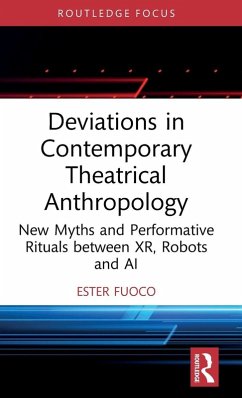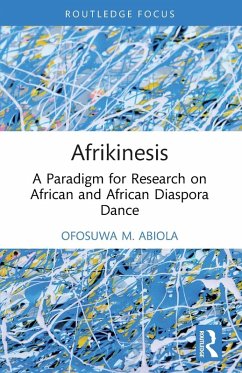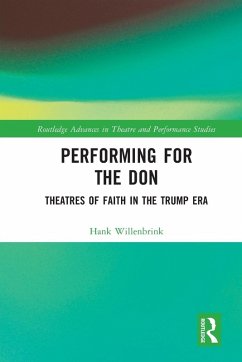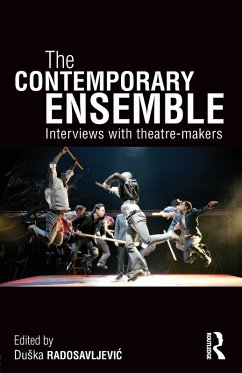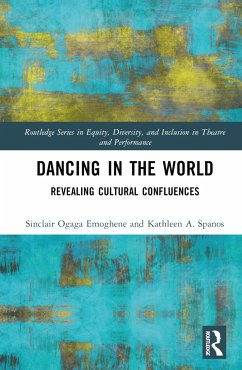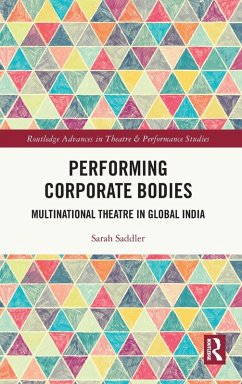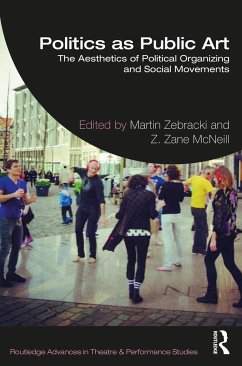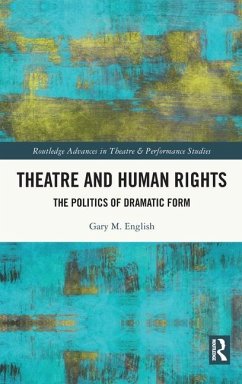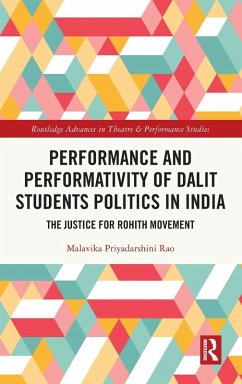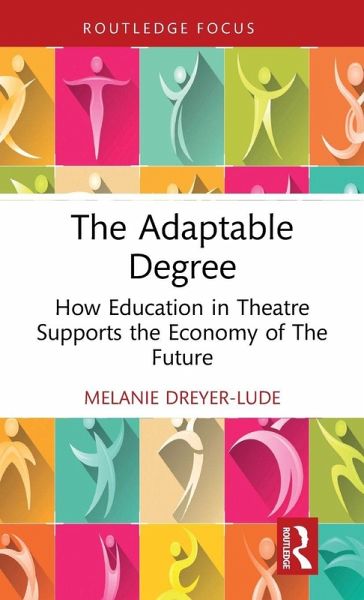
The Adaptable Degree
How Education in Theatre Supports the Economy of The Future
Versandkostenfrei!
Versandfertig in 6-10 Tagen
52,99 €
inkl. MwSt.
Weitere Ausgaben:

PAYBACK Punkte
26 °P sammeln!
This book utilized a mixed-methods research study of the career experiences of theatre graduates in the U.S. to provide data on employment patterns and job satisfaction.With a population of over 1,000 participants, this study examined where graduates were working, how their careers had changed over time, which skills acquired with their theatre degree were being used in current employment, and whether they believed their course of study was worth the financial investment, given their current circumstances. Evidence from this study revealed that a theatre degree provided many of the skills the ...
This book utilized a mixed-methods research study of the career experiences of theatre graduates in the U.S. to provide data on employment patterns and job satisfaction.
With a population of over 1,000 participants, this study examined where graduates were working, how their careers had changed over time, which skills acquired with their theatre degree were being used in current employment, and whether they believed their course of study was worth the financial investment, given their current circumstances. Evidence from this study revealed that a theatre degree provided many of the skills the employment market is currently seeking and that theatre graduates were gainfully employed in multiple sectors of the economy.
This important data-based, field-specific information will aid chairs, deans, provosts, politicians, students and parents in deicision-making at a time when arts and humanities departments across the country are under the threat of elimination.
With a population of over 1,000 participants, this study examined where graduates were working, how their careers had changed over time, which skills acquired with their theatre degree were being used in current employment, and whether they believed their course of study was worth the financial investment, given their current circumstances. Evidence from this study revealed that a theatre degree provided many of the skills the employment market is currently seeking and that theatre graduates were gainfully employed in multiple sectors of the economy.
This important data-based, field-specific information will aid chairs, deans, provosts, politicians, students and parents in deicision-making at a time when arts and humanities departments across the country are under the threat of elimination.





